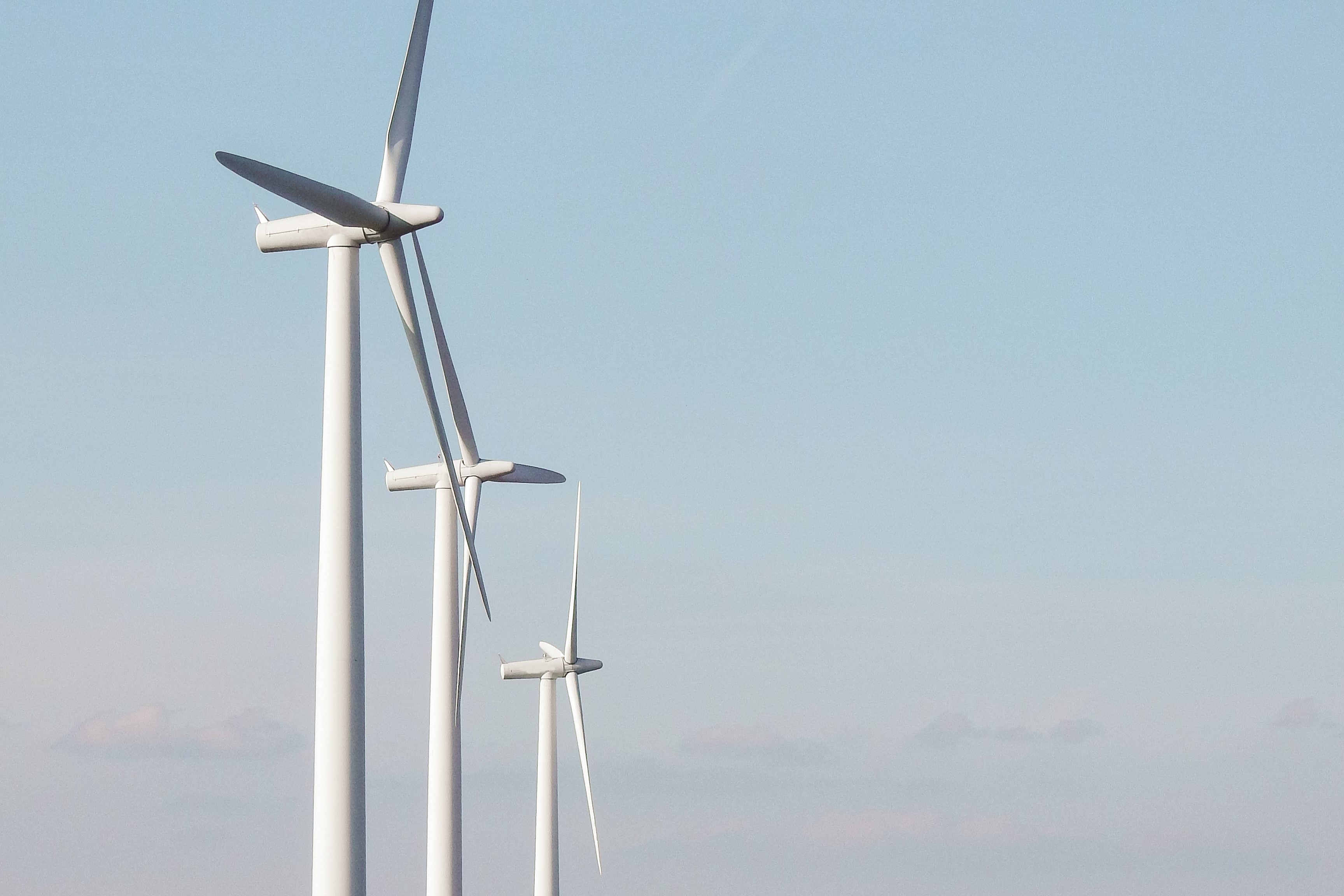
VAT of RE Developers
By: Atty. Irwin C. Nidea, Jr.
"A Company that is registered under the RE law is entitled to VAT zero-rating on its local purchases of goods and services which are needed in the development, construction and installation of their plant facilities, including the whole process of exploring and developing renewable energy sources up to its conversion into power. With respect to these local purchases, the Company cannot claim any VAT refund on these local purchases because they should not have allowed themselves to be passed on VAT in the first place. In case the Company was charged with input taxes, the claim for input tax refund must be sought from its supplier or seller, and not with the BIR."
 Irwin C. Nidea Jr. +632 8403-2001 loc.330 |
Renewable Energy is the future. Fiscal incentives are given to promote and encourage the shift to sustainable energy including VAT incentives. But are RE developers aware of their rights and privileges and their local suppliers educated as to when these rights and privileges should be recognized?
The zero percent (0%) VAT on the sale of power generated from renewable energy sources is found under the Renewable Energy (RE) Law. An RE Developer must be registered with the DOE and the BOI before they may be entitled to tax incentives. But Section 108(B)(7) of the Tax Code, as it stands alone, provides that sale of renewable energy is subject to 0% VAT, without any conditions. The RE Law is not an amendment to the provisions under the Tax Code. Thus, an RE Developer can still enjoy VAT zero-rating on their sale of renewable energy power, even if not registered with the DOE and the BOI.
 In the recent case of CBK Power Company Limited v. Commissioner of Internal Revenue, the Supreme Court had held that sales of electricity generated through hydropower are subject to 0% VAT in accordance with Section 108(B)(7) of the NIRC despite the non-compliance with the requirements of the RE Law.
In the recent case of CBK Power Company Limited v. Commissioner of Internal Revenue, the Supreme Court had held that sales of electricity generated through hydropower are subject to 0% VAT in accordance with Section 108(B)(7) of the NIRC despite the non-compliance with the requirements of the RE Law.
The difference is in the treatment of the local sale or supply of goods and services to an RE Developer. When is it subject to 0% VAT and when is it not?
Sale of goods and service qualified for VAT-zero rating under special laws includes sales to RE Developers, by virtue of the RE Law. But only local supply of goods, properties and services needed for the development, construction and installation of RE plant facilities is charged zero percent VAT. This applies to the whole process of exploring and developing renewable energy sources up to its conversion into power, including but not limited to the services performed by subcontractors and/or contractors. In effect, local suppliers/sellers of RE Developers that are registered under the RE Law should not pass on 12% VAT on the latter’s purchases of goods, properties and services that will be used in the development, construction and installation of their power plant facilities, including the whole process of exploring and developing renewable energy sources up to its conversion into power.
But to qualify for VAT zero-rating, the RE Developers must register first with the DOE, through the Renewable Energy Management Bureau. In addition, the RE Developers must also secure and present a Certificate of Registration with the BOI. In addition, the local suppliers must also secure the BIR Certificate of Registration of the RE Developers.
Since only local supply is subject to 0% VAT, RE Developers are still liable to pay 12% VAT on their importations.
A Company that is registered under the RE law is entitled to VAT zero-rating on its local purchases of goods and services which are needed in the development, construction and installation of their plant facilities, including the whole process of exploring and developing renewable energy sources up to its conversion into power. With respect to these local purchases, the Company cannot claim any VAT refund on these local purchases because they should not have allowed themselves to be passed on VAT in the first place. In case the Company was charged with input taxes, the claim for input tax refund must be sought from its supplier or seller, and not with the BIR.
Thus, as far as local purchases are concerned, the Company can only claim input tax refund from sources other than local purchase or supply of goods, properties and services needed for the development, construction and installation of their plant facilities, and exploration and development of renewable energy sources up to conversion into power.
What if the RE developer is not registered under the RE Law and consequently to the DOE and the BOI, is it entitled to the same VAT incentives? It is not. VAT will be passed on to them even if their purchases are needed in the development, construction and installation of their plant facilities. However, they are entitled to refund all the input VAT that they incurred that are attributable to the sale of energy.
Sometimes, the non-incentive is an advantage because companies do not need to make a distinction between a vatable and a non-vatable purchase in its claim for refund. On the other hand, an RE developer that is registered under the RE law is faced with some suppliers who insist that VAT must be passed on even if the purchases are needed in the development, construction and installation of plant facilities. If for business reasons the RE developer has chosen to absorb the VAT, they cannot recover the same from the government.
Thus, it is important for local suppliers to acknowledge the rights and privileges of RE developers that are registered under the RE law. RE developers on the other hand must insist on their rights and not allow their suppliers to pass on VAT to them if it is not due.
The author is a senior partner of Du-Baladad and Associates Law Offices, a member-firm of WTS Global.
The article is for general information only and is not intended, nor should be construed as a substitute for tax, legal or financial advice on any specific matter. Applicability of this article to any actual or particular tax or legal issue should be supported therefore by a professional study or advice. If you have any comments or questions concerning the article, you may e-mail the author at This email address is being protected from spambots. You need JavaScript enabled to view it. or call 8403-2001 local 330.




